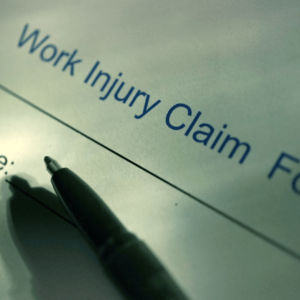As a seasoned civil trial lawyer in Pennsylvania, I’ve navigated the intricate waters of the Commonwealth’s legal system for years. While jury trials are a cornerstone of our justice system, they come with inherent risks that both attorneys and clients must carefully consider. Let’s delve into why jury trials can be particularly dicey in the Keystone State.

Firstly, Pennsylvania’s jury pool is diverse, drawing from a wide range of backgrounds and perspectives. While this diversity can enrich the deliberation process, it also means that jurors may approach cases with varying levels of legal knowledge and biases. Unlike judges, who are legally trained and bound to apply the law impartially, jurors’ decisions can be influenced by emotions, personal experiences, or even misunderstandings of legal concepts. This unpredictability poses a significant risk for litigants seeking a favorable outcome.
Moreover, the jury selection process, known as voir dire, can be a double-edged sword. While attorneys have the opportunity to screen potential jurors for biases and prejudices, they must do so within strict legal parameters. In Pennsylvania, attorneys have limited strikes during voir dire, meaning they may not be able to exclude every potentially unfavorable juror. This constraint leaves attorneys with the unenviable task of trying to predict how each juror will interpret and weigh the evidence presented at trial.
Furthermore, Pennsylvania’s civil jury instructions can be complex and convoluted, posing challenges for jurors tasked with understanding and applying them. Unlike judges, who receive extensive legal training and guidance, jurors may struggle to grasp the intricacies of the law as it pertains to their case. This lack of legal expertise can lead to erroneous conclusions or inconsistent verdicts, further heightening the risks associated with jury trials.
Additionally, Pennsylvania’s appellate courts afford substantial deference to jury verdicts, making it difficult to overturn an unfavorable decision on appeal. Unless a verdict is clearly against the weight of the evidence or tainted by legal error, appellate courts are reluctant to intervene. This means that litigants who roll the dice with a jury trial may find themselves stuck with an adverse outcome, even if they believe the jury reached the wrong conclusion.
In conclusion, while jury trials are a fundamental aspect of Pennsylvania’s legal system, they are not without their pitfalls. From the unpredictability of jury verdicts to the challenges of jury selection and instruction, litigants face significant risks when opting for a jury trial. As a civil trial lawyer, my job is to weigh these risks carefully and advise my clients accordingly, ensuring that their rights and interests are protected to the fullest extent possible.
For Questions about Jury Trials, please feel free to call me, Andrew J. Van Wagner to discuss my mutli 6 and 7 figure trial verdicts both in Pennsylvania and New Jersey











